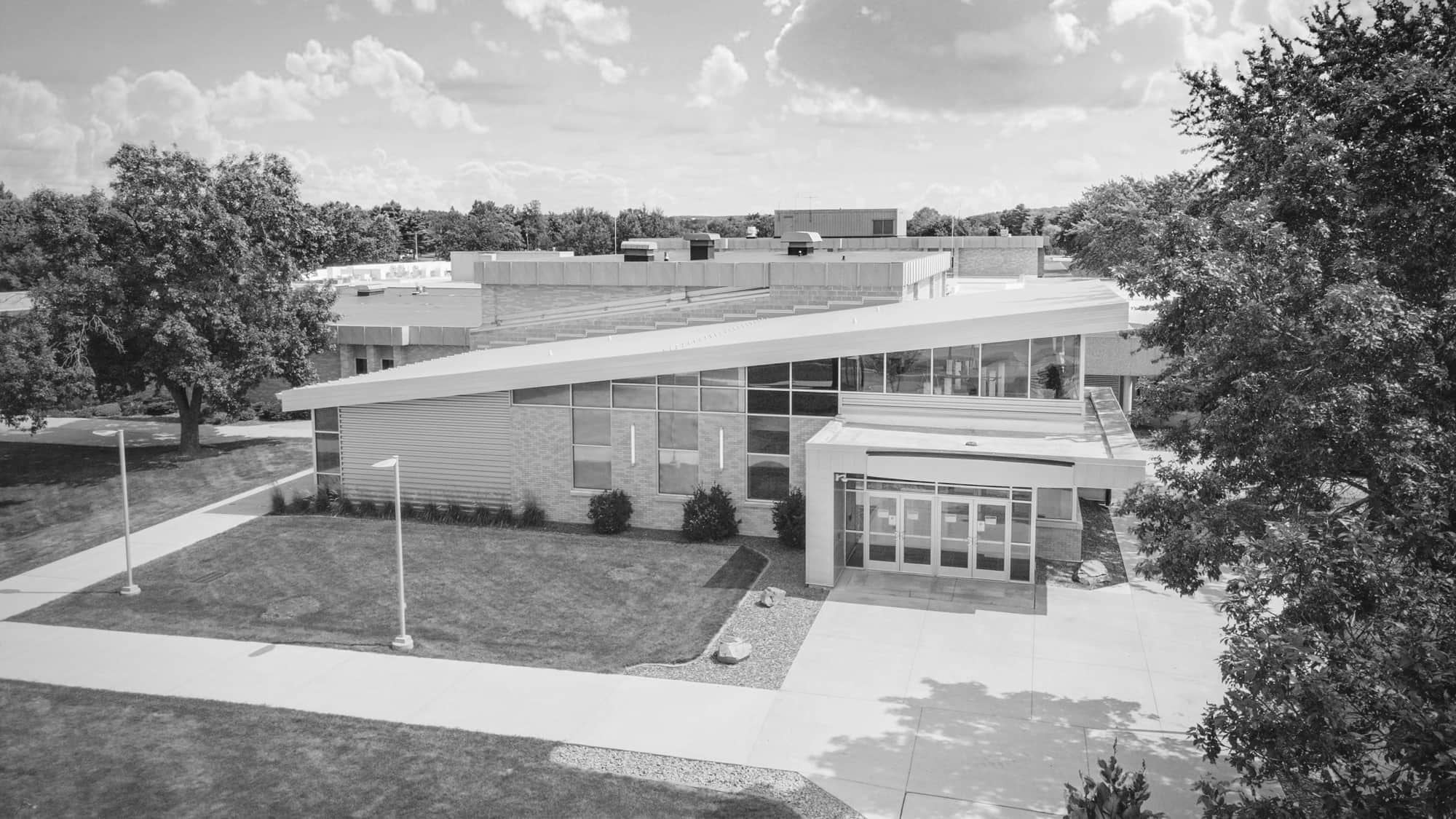Safety Engineering Technology
62–63 Credit Associate DegreeProgram Description
The Safety Engineering Technology Associate Degree program prepares learners to work in a variety of positions in the manufacturing sector. Graduates will be able to contribute to an environmental, health and safety program in any size organization. This specialization is ideal for preparing graduates to work with supervisors and employees to ensure a safe and healthy work environment. Learners will gain a specialized education in environmental, health and safety concepts and regulations, lean concepts, problem solving, CAD, leadership and safety and environmental management.
Found in These Career Fields:
Approximate Program Cost
Books & Supplies: $930
Starting Salary
Financial Aid
Available
Program Overview Video
Detailed Program Information
Availability
Courses for this program may be available at a variety of campus locations through multiple modes of delivery if you meet the admission requirements and prerequisites.
* Campus and online availability of courses and programs may be subject to change.
Outcomes
Graduates will be able to…
Careers
Some of the potential careers graduates can pursue are:
Courses
The Safety Engineering Technology Associate Degree is a 62–63 Credit program. The following is a typical semester breakdown of the courses within the program.
Credit for Prior Learning Available
* College 101 (10-890-165) is not part of the program credit requirements but is a College Requirement for graduation that must be passed with a “C” or better.
View All Detailed Course Information
Artificial Intelligence (AI)
We are now integrating artificial intelligence into every academic discipline, ensuring students are prepared for the evolving demands of their industries.
Learn more about Our Commitment to AI Integration
Pathways
Pathways at NTC are designed to help you progress toward your career and education goals, one step at a time. Many programs are structured to build upon each other, allowing you to earn valuable credentials along the way.
If you begin with one of the following programs, you will earn credit towards this Safety Engineering Technology Associate Degree:
The Industrial Safety Engineering Technician Technical Diploma will provide you with 40% (25 of 62 credits) of the total credits in this Safety Engineering Technology Associate Degree
The Industrial Environmental Engineering Technician Technical Diploma will provide you with 27% (17 of 62 credits) of the total credits in this Safety Engineering Technology Associate Degree
Transfer Information
You can continue your education to earn a four-year degree in a variety of ways.
Program Transfer
The following transfer guides, executed in partnership with post-secondary institutions, are based on agreements that allow you to continue your program at another college.
Bellevue University Online
Marian University
Milwaukee School of Engineering
Minnesota State University - Moorhead
Siena Heights University
UW Platteville
General Transfer
All associate degrees transfer to a variety of programs at other partner colleges to give you the opportunity to continue your education in other areas of study.
View all transfer guides
Cost of Attendance
2025–2026 Estimated Academic Year Budgeted Cost of Attendance
The estimated Cost of Attendance (COA) is a budget that includes categories of expenses that a student can expect to incur while attending college. The COA does not reflect actual charges. It is an average based on the estimated living costs typical of our region. In determining the cost of attendance, Northcentral Technical College uses the budget established by the Wisconsin Technical College System (WTCS) Financial Aid Budget Work Group. This budget is used to determine financial need for all students who apply for financial aid. A student’s cost of attendance is composed of all educational expenses that can be included for financial aid purposes that a student may accrue while pursuing their education for the year (or semester, if enrolled less than a year). A student’s financial aid cannot exceed their cost of attendance. Schools are required to provide a fuller picture of what it may cost students to pursue their degree, not just what they will owe in tuition/fees and books/supplies.
| Expenses | Student Living With Parents (Home) | Student Living on Own (Other) | ||
|---|---|---|---|---|
| Full-time Tuition (based on a total of 30 credits, 15 credits fall and 15 credits spring) |
|
|
|
|
| Living Expenses (Housing & Food) | $3,182 | $10,305 | ||
| Books / Supplies | $1,463 | $1,463 | ||
| Transportation | $4,103 | $4,103 | ||
| Personal Expenses | $3,065 | $3,065 | ||
| Loan Fees | $85 | $85 | ||
| Total Estimated Cost Of Attendance |
|
|
|
|
* Tuition listed is based on approved rates for the 2025–2026 academic year. Rates are approved each March by the Wisconsin Technical College System Board and estimated budgets are updated at that time.
For the 2025–2026 academic year, the Wisconsin Resident tuition rate is $152.85 per credit plus a minimum $5.00 material fee and $13.44 per credit activity fee. Out-of-State resident tuition is $229.28 per credit plus a minimum $5.00 material fee and $13.44 per credit activity fee.
Students awarded Federal Direct Loan(s) also have an average of the mandatory loan fees automatically added to their COA.
Students with disability-related expenses may contact the Financial Aid Office to have their additional expenses considered. Disability-related expenses include but are not limited to: personal assistance, equipment, and supplies. The Financial Aid Office may potentially include disability expenses in the COA that are not provided by other assisting agencies.
NTC also offers a Net Price Calculator to help estimate costs.
For more information regarding billed tuition and fees visit https://www.ntc.edu/admissions/tuition-fees
We’re happy to answer any questions you may have about how the financial aid process works. Please feel free to reach out for more information.
-
NTC Financial Aid Office
- 715.803.1647
- financialaid@ntc.edu
Admissions Process
Our application process takes just a few minutes to complete, but we want to make sure you have the things you’ll need on hand to complete the application. We’re here to help if you have any questions while submitting your application.
Fill out our application
The application can be submitted online and takes just a few minutes to complete. There is no fee to apply.
Apply NowWhat’s Next?
We’ll review your application and let you know if we need anything else. If you’re all set, your acceptance letter will be emailed to you.

